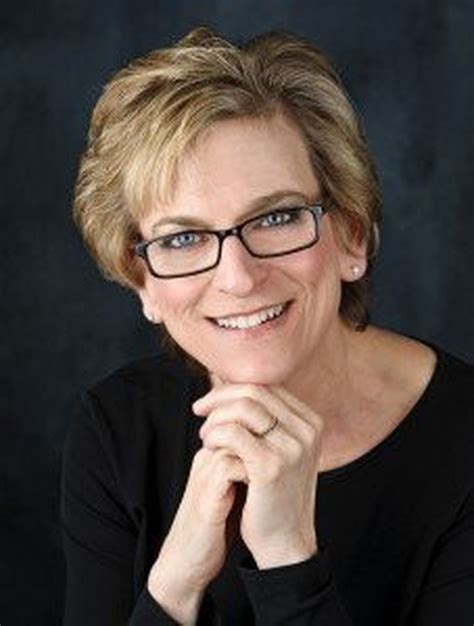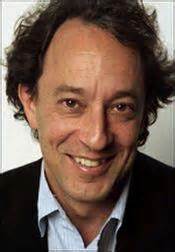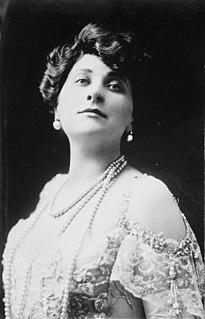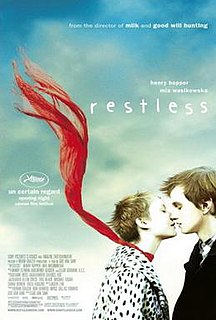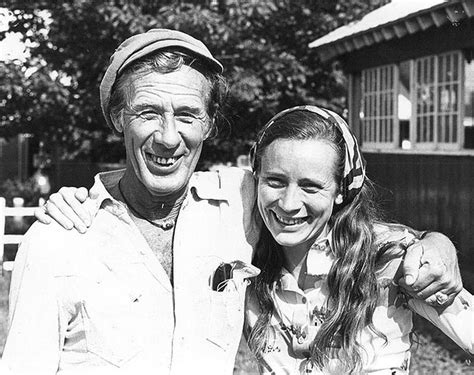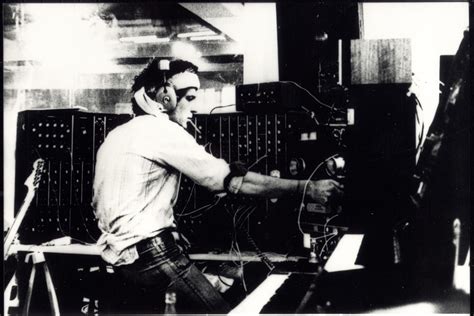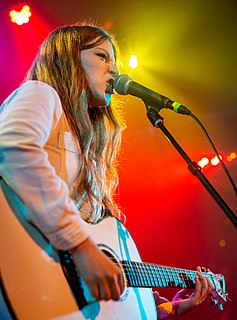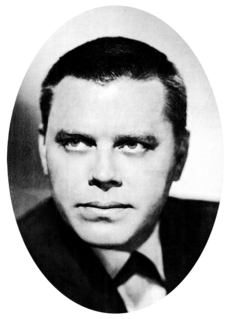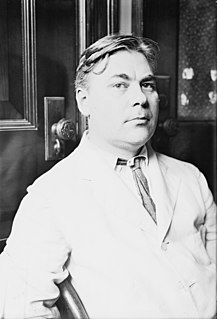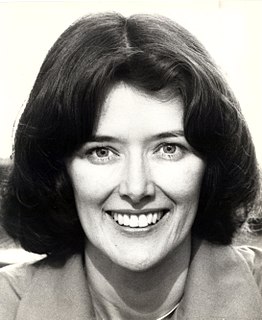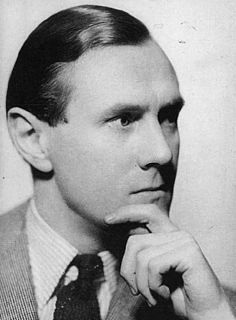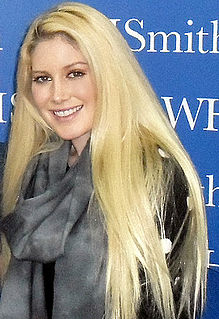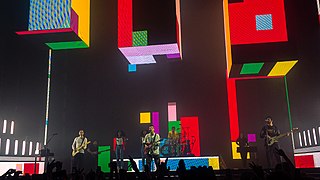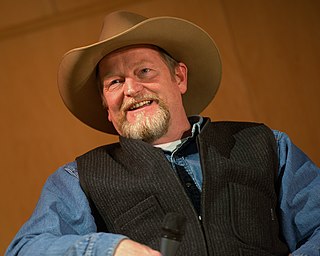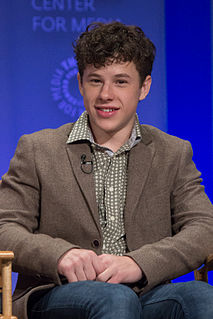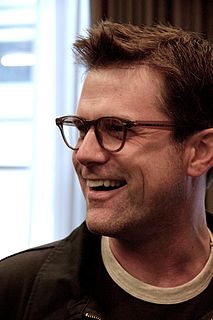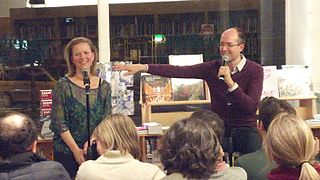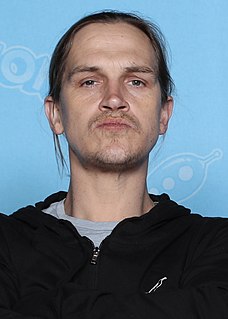Top 1200 Reading And Writing Quotes & Sayings - Page 5
Explore popular Reading And Writing quotes.
Last updated on April 21, 2025.
Every time I do a movie, I'm reading the script, or if it's something I have coming up, I'm reading the script, and I just spend hours and hours and days and weeks and months going over the script and just writing a lot of different ideas down, finding a little dialogue or just coming up with ideas for scenes and moments and all that kind of stuff.
I believe that half the trouble in the world comes from people asking 'What have I achieved?' rather than 'What have I enjoyed?' I've been writing about a subject I love as long as I can remember--horses and the people associated with them, anyplace, anywhere, anytime. I couldn't be happier knowing that young people are reading my books. But even more important to me is that I've enjoyed so much the writing of them.
I don't think there's anything that I would really baulk at doing on-screen. I don't think so. I've got certain pet peeves about writing... my pet peeve about reading scripts is when they give you a line reading and there'll be a line but next to your character's name it'll say 'very angry'. But I'm like: "Well, I'll decide that actually!" So, there's little things like that. That's a slight pet peeve.
You learn so much with each book, but it's what you teach yourself by writing your own books and by reading good books written by other people - that's the key. You don't want to worry too much about other people's responses to your work, not during the writing and not after. You just need to read and write, and keep going.
We should think about what we mean by literacy. If you say, "He's a very literate person," what you really mean is that he knows a lot, thinks a lot, has a certain frame of mind that comes through reading and knowing about various subjects.The major route open to literacy has been through reading and writing text. But we're seeing new media offer richer ways to explore knowledge and communicate, through sound and pictures.
